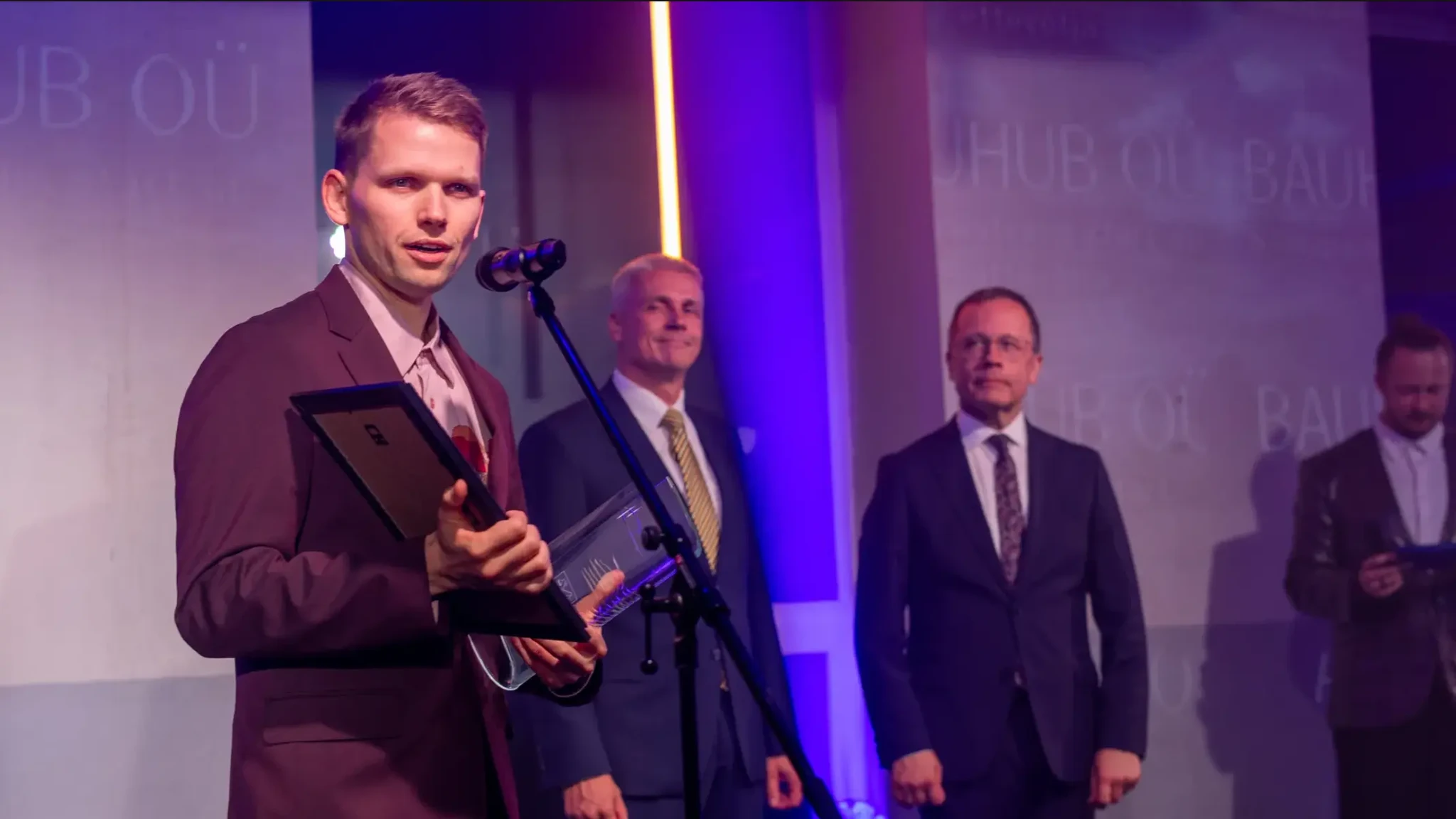
Birds and butterflies: let’s talk about biodiversity
We need to have a chat about birds and bees. Well, not the kind you had with your parents when you were a kid but actually about birds and bees. Climate change and greenhouse gas emissions have been on our minds a lot, but we need to talk about biodiversity: the state of all species and the natural environment around us.
This article was written by Susanna Vain, environmental expert at Sustinere
The loss of biodiversity is probably something you also have heard about quite a few times lately. Rightly so, recent reports display a grim picture – human activities have driven biodiversity loss in all organism groups in the past 50 years (IPBES report, 2019). In some organism groups, the situation is quite dire.
The loss of biodiversity isn’t just something happening “out there” without affecting us. We are not giving nature enough credit for everything it’s doing to us on an everyday basis. We depend on nature and its cornerstone – biodiversity – a lot.
Thanks to biodiversity, we can pick mushrooms and berries in autumn, we get fiber to make clothes, wood to make furniture and other resources to produce goods we use daily.
Natural ecosystems protect coastal areas against floods and can cool urban areas during heat waves. Without pollinators, we wouldn’t have apples. Microorganisms play an important role in the nutrient cycle. Plants store carbon and release oxygen into the atmosphere. Without that, there wouldn’t have life on planet earth. Nature doesn’t need humans; it’s us who cannot survive without nature.
Therefore, it’s alarming how much we are destroying and fragmenting natural habitats. Intergovernmental Platform on Biodiversity and Ecosystem Services, IPBES, distinguishes between five main drivers of biodiversity loss caused by human activities:
- land use and land use change,
- direct exploitation of organisms,
- climate change,
- pollution and
- invasive species.
I would say the biggest and most important driver of biodiversity loss is a lack of understanding. If we knew (and thoroughly understood!) how, when and where we are affecting biodiversity and how much we are shooting ourselves in the feet with it, then we’d really change our actions.
To combat biodiversity loss, we need systemic changes. We need regular people, politicians, conservationists and businesses to take action. Action starts with exactly knowing how, when, where and to what extent we are having an impact on nature.
The new sustainability trends among Western and Northern European businesses entail addressing their business biodiversity impacts.
This is a step away from current prevailing thinking, which largely revolves around business climate impacts. The most ambitious businesses have already set their biodiversity targets and made action plans to reach said targets. It’s an excellent start that just needs to spread wider, rapidly.
New businesses, like startups, have two enormous advantages compared to established businesses:
A) New businesses can immediately integrate addressing environmental issues and biodiversity impacts into their everyday activities. It’s way easier to start a business with this mindset than to change the course later.
B) Industry-disruptive startups converge innovative people and innovative ideas.
There is excellent potential among this community to come up with genius ideas how to stop and reverse biodiversity loss. Regardless of whether you’d fall under point A or point B, the central issue is the knowledge gap around biodiversity.

Bauhub is the Tartu startup of the year!
